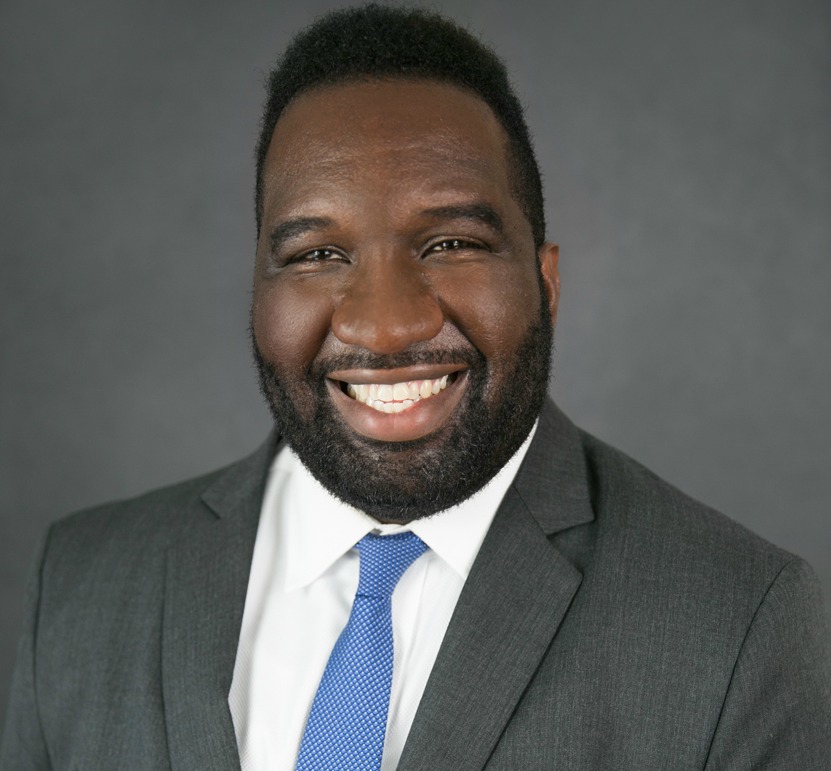In observance of National Foster Care Awareness Month, we interviewed Aya Yatim Rhodes Nickels, author of the poignant memoir “The Unseen.” Her book chronicles her journey from war-torn Lebanon to navigating the complexities of the U.S. foster care system. During our conversation, Aya shared her experiences and offered valuable advice for child welfare professionals currently working with children in foster care.
Q: Can you describe your transition from Beirut to America and into the U.S. foster care system, and highlight some of the challenges you encountered?
Aya: I was born in Lebanon during a time of conflict and raised in a conservative Muslim family. My mother developed schizophrenia due to the stress of the war, which led to a tumultuous childhood. We moved from Lebanon to England and eventually to the U.S., where we experienced homelessness before entering the foster care system. The constant relocations and cultural adjustments were overwhelming. In the U.S., my siblings and I were separated, adding to the trauma. It was a struggle to adapt to new environments while dealing with the emotional scars of our past.
Q: After being homeless and enduring a series of foster care placements, you and your two younger sisters were adopted by a supportive, caring couple, David & Amy Rhodes. What was that experience like?
Aya: Once we got adopted, I was the one who was 100% up for it because I knew I would get back with my sisters. That was the ultimate goal. It wasn’t to have a new identity, a new family, or a new trajectory. It was to get back with my sisters. When I did, I thought, ‘Okay, now I belong to an American family. I have uncles, aunts, and grandparents I’ve never met and I have to spend Christmas, Thanksgiving, and Easter with them and remember all of their names!’ That transition was overwhelming. After high school, I went back to England and Lebanon and continued to see my biological parents and brother, which was complicated. But I do have a relationship with my biological parents.
Q: How did your adoptive parents support you?
Aya: When I was younger, I gave them a lot of trouble but they were patient and never gave up on me. I even suggested they send me away to a boarding school. It wasn’t until I was 26 that I confronted my adoptive mom and asked, “How can you love a child you never gave birth to as your own?” She said, “You are the first one to call me mom.” That meant a lot to me. Now, seeing the way they love my daughter, Mia, shows me they would have loved me the same if I had been born to them. That’s been a big blessing.
Q: Based on your experiences in various foster homes, what specific interventions do you think would have been most beneficial for you and your sisters, and how can child welfare professionals better support children with similar backgrounds?
Aya: One of the most crucial interventions would have been consistent and clear communication. Explaining the reasons behind moves and decisions, involving us in the process, and providing cultural sensitivity training for foster parents would have made a significant difference. Additionally, having mental health support tailored to our unique experiences of trauma and displacement would have been invaluable. Child welfare professionals should prioritize maintaining sibling bonds and understanding the cultural backgrounds of the children in their care.
Q: From your personal experiences, what is one common misconception about foster care that you would like to correct?
Aya: A common misconception is that children in foster care are inherently problematic or difficult. The truth is, that many of us are reacting to the trauma and instability we’ve experienced. Understanding that our behavior is often a response to fear and uncertainty rather than defiance or inherent troublemaking is crucial. We need compassion, patience, and support to heal and thrive.
Q: Given that May is National Foster Care Awareness Month, what would you like to tell people about foster care?
Aya: Foster care is an essential system that needs more support and understanding from the public. It’s not just about providing a temporary home; it’s about investing in the future[s] of children who have faced unimaginable hardships. By supporting foster care initiatives, you are helping to build a better society. These children will become our future voters, doctors, and leaders. Ensuring they have the support and resources they need is vital for all of us.
Q: Can you share what inspired you to write this book and what you hope readers will take away from it?
Aya: Honestly, I never wanted to write this book because it meant revisiting painful memories and facing the possibility of hurting my family. It wasn’t until after it was published that many of them came to me with support and love. My adoptive parents acknowledged that I needed to release this story. I couldn’t carry it forever. I avoided talking about it for so long. It took me ten years to write this book. I needed different providers to help me talk about it, asking direct questions to draw out the truth. Now, I’m offering my story to the world, feeling vulnerable but open. I needed to write it to not only just get it out of myself, but get it to the people who need to read it, who need to hear it. And as long as they get to it, I will be happy as an author.
To read Aya’s story as well as gain a greater understanding of the challenges children face in foster care, be sure to get a copy of her memoir, “The Unseen” on Amazon.


